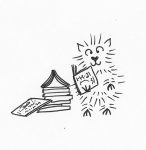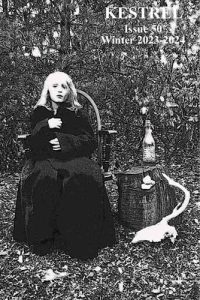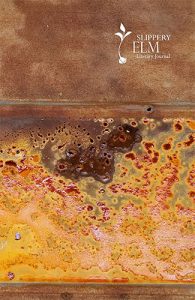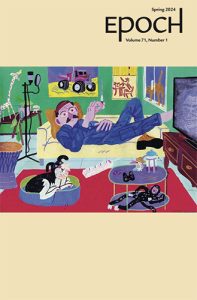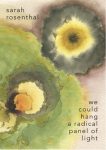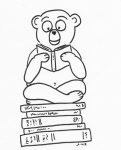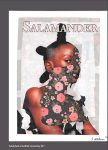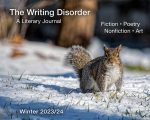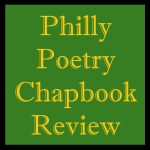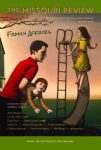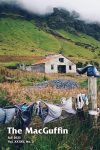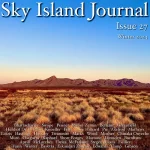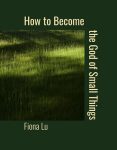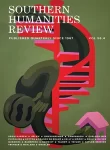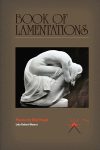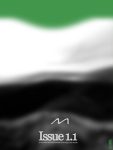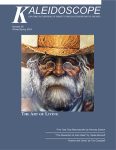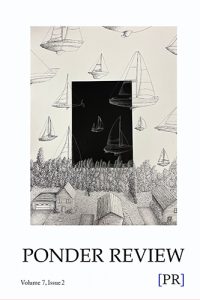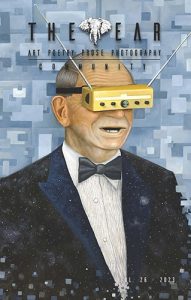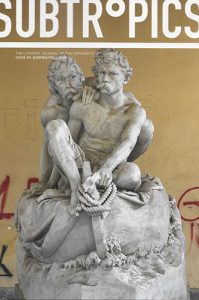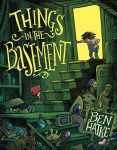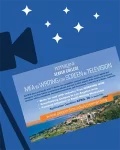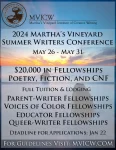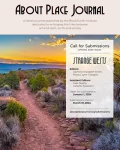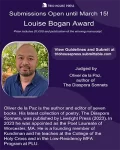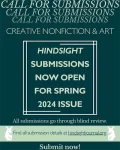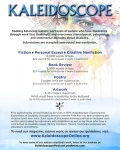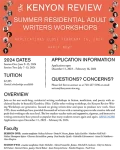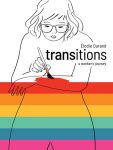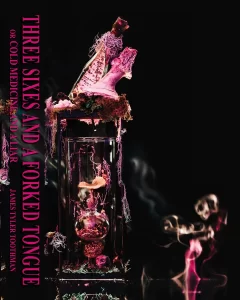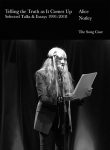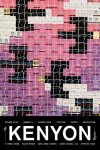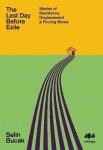
Guest Post by Eleanor J. Bader
By mid-2023, according to the United Nations High Commission for Refugees, 110 million people worldwide had been displaced by political turmoil, war, economic instability, or ethnic or gender-based discrimination. But the numbers tell just part of this harrowing story.
Journalist Selin Bucak’s first book, The Last Day Before Exile: Stories of Resistance, Displacement and Finding Home, zeroes in on the social trauma that typically ensues for asylum-seekers and refugees and makes clear that it is not only adults who suffer. As the World Health Organization confirms, migrant children often experience poverty, disturbed schooling, and racism in their new homelands, experiences that can lead to lifelong emotional difficulties.
“There are a lot of statistics about asylum seekers and refugees and it is depressingly easy to ignore the individuals behind the numbers,” Bucak writes. By introducing eight people who fled Afghanistan, Gaza, Iran, Morocco, Pakistan, Turkey, Russia, and Ukraine, she hopes to change that.
While their stories are not representative–all of her interviewees were granted asylum–they nonetheless provide a nuanced introduction to the dangers facing political activists, LGBTQIA+ people, feminists, and select ethnic groups by anti-democratic governments. Lastly, although the book sidesteps the issues facing migrants at the US-Mexico border, perhaps this will be fodder for a future volume.
The book is now available in the United States with free shipping through April 12 of this year.
The Last Day Before Exile: Stories of Resistance, Displacement and Finding Home by Selin Bucak. 404 Ink, November 2023.
Reviewer bio: Eleanor J. Bader is a Brooklyn, NY-based journalist who writes about books and domestic social issues for Truthout, Rain Taxi, The Progressive, Ms. Magazine, the Los Angeles Review of Books, and The Indypendent.

